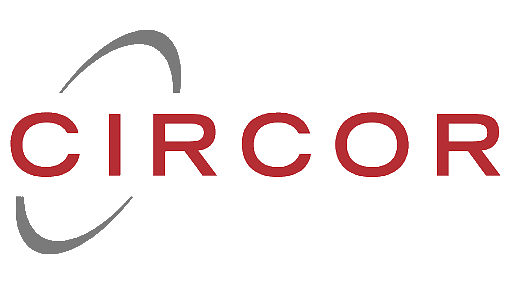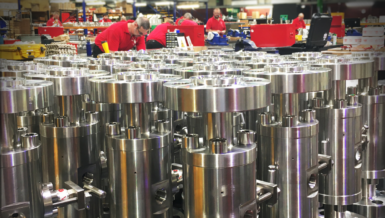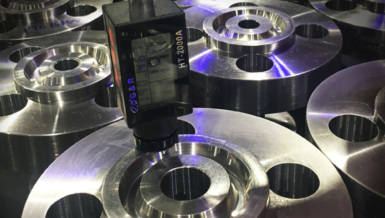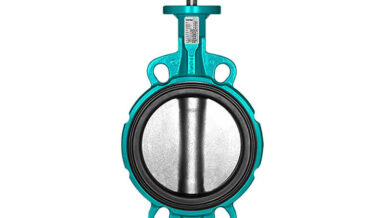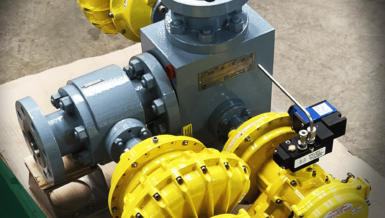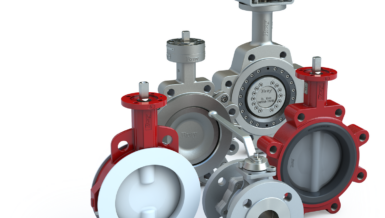The right aftermarket programs and services can prepare you to tackle any repair job, whether it be an individual valve or complete end-to-end flow control systems, while also minimizing downtime and unnecessary costs.
The Benefits of an Aftermarket Network
Nearly everyone has experienced the frustration of being unprepared for a job, resulting in increased downtime. Whether technicians lack the correct tools, the right expertise, or the required clearances, a delay in repair is still a delay in repair. Investing in complete aftermarket programs and services can help ensure your company against unnecessary downtime and service costs by ensuring the right expertise and the right tools are at a qualified technician’s disposal.
Before technicians arrive on the scene, it is helpful to meticulously coordinate plans between your facility and the technician. Because time technicians spend on your site is time that your facility is off-line, the goal is timely inspection and repair. Communicating with technicians before the job helps ensure that they arrive at the site on time, are fully vetted, and have a plan to execute the full scope of required maintenance or repair.
However, sometimes unforeseen issues arise from even the most meticulously planned events. Having a robust, reliable aftermarket network can help technicians address these unexpected problems. On-call design and mechanical engineers can readily assist on-site technicians, increasing the amount of experience available to ensure hurdles can be overcome and repairs can be completed on time and on budget. Having a relationship with a reliable and accessible channel partner ensures that a provider is always ready to respond to your needs, no matter where your facility is located nationwide. Maintaining strong partnerships in productivity helps you control complex operating problems wherever and whenever they arise.
A model of this type of network is CIRCOR, leaders in industrial valve production and maintenance. CIRCOR maintains a robust and active communication channel with its home base in Tampa, Florida, leveraging the expertise of its engineers in order to mitigate and remediate emergent problems. By requiring rigorous training for the most difficult environments, CIRCOR ensures their technicians are well-equipped for challenges. The strong CIRCOR Strategic Service Partner network gives customers the best long-term maintenance strategy and service possible by ensuring customers nationwide have access to qualified channel partners.
Rotable Programs Offer Rotating Replacement Valve Solutions
When facing a leaky valve, most plant maintenance personnel focus on getting the system up and running again as soon as possible. Often, they simply cut the entire valve out and weld a new replacement back into place. Installing a new piece can be costly, especially when a new replacement is not needed. However, long-lasting pressure components like CIRCOR valve bodies and bonnets do not always need to be replaced. But without replacing a faulty system with new parts, how can downtime be minimized at all?
Enter an efficient rotable program. “Rotable” is a term usually associated with the aerospace industry where key parts are rotated through reuse, recondition, and recycle exchange method. If a part needed refurbishment, typically the valve would be out of use until the part was restored and reinstalled. However, the rotable program lowers the downtime and costs associated with complete valve extraction and replacement. Think of it as a revolving door: People can continuously cycle through without stopping, whereas a traditional door involves a stop-and-go process that can hinder smooth operation and increase time spent.
In addition to reducing downtime, a rotable program can reduce the hidden costs incurred by cranes, welders, and NDT inspectors. Having a trained technician complete both inspection and installation can help extend the life of a unit over multiple exchange cycles.
CIRCOR offers a robust rotable program that helps customers avoid delays and costly valve cutout and reinstallation charges. As part of their program, CIRCOR sends a trained technician to inspect the valve. If needed, the old trim is sent back to the factory for evaluation and possible reconditioning. Once the trim is reconditioned, CIRCOR returns the piece to the customer so they can store it for future use on the valve once the current piece in place is in need of replacement.
Factory Seals: Ready to Open? Think Again
Protecting your valves is paramount for safeguarding your warranty. One way to guard your warranty is with factory seals – usually, a visible cable tie that offers several reminders to personnel. These factory seals serve as a physical barrier, as accessing the inner working of the valve – and possibly invalidating a warranty – requires physically removing the seal. This ensures that warranties are not invalidated involuntarily. As such, the factory seal also serves as a reminder to think before opening. Often, warranty provisions are tied to you using factory-authorized service providers; once the factory seal is removed, the warranty may be invalidated.
CIRCOR utilizes factory seals to remind customers that CIRCOR will take care of a defective valve during the warranty period. Hiring a third party and spending money to work on a valve, then, is unnecessary. If it is under warranty, the valve will be replaced correctly by CIRCOR with genuine parts and authorized service technicians.
While buying parts from a third party is always an option, it runs the risk of not only invalidating a warranty but also incurring unnecessary costs from an incomplete or poor job. If this third party repair house does not have access to the correct parts and drawings needed to repair your specific applications and lacks the correct training, the system could be repaired incorrectly. Thus, having factory seals as a physical barrier to warranty invalidation is a smart investment in the long run.
With Aftermarket Programs and Services, Optimizing Your Systems Is Easy
After installation, the care and maintenance of your system have only just begun. When buying a valve, it is important to take into account all cost factors beyond the initial purchase price. Ensuring your supplier has the technicians and parts necessary to properly maintain your valve helps ensure the value of your valve. Inexperienced technicians and missing parts could cause your valve to decrease in value due to poor performance, and the profitability of your operation can suffer from the resulting downtime. Proper aftermarket maintenance helps your valve live its longest life and continuously perform in the harshest and most challenging environments.
Keeping all the key
Opening a box of chocolates and opening a valve for repair have one thing in common: You never know what you are going to get. Complex operating problems and costs can easily spiral out of control when you lack the required parts or the expertise to get the job done. The right aftermarket programs and services can prepare you to tackle any repair job, whether it be an individual valve or complete end-to-end flow control systems, while also minimizing downtime and unnecessary costs.




